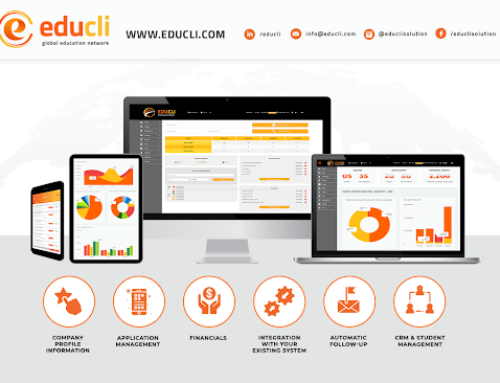Leveraging Education Agents in College Admissions
Education providers often rely on education agents to recruit international students, expanding their global reach and diversity. However, the use of agents comes with ethical concerns, particularly regarding transparency, student interests, and the integrity of the admissions process. Here’s how institutions can ethically engage with education agents:
1. Establish Clear Guidelines and Expectations
Institutions should develop comprehensive guidelines that define the ethical standards expected from their agents. This includes clear directives against misrepresentation of information and demands for honesty in the portrayal of campus life, academic programs, and financial costs. Having a formal agreement that outlines these expectations and the consequences of failing to meet them can reinforce ethical practices.
2. Choose Agents Carefully
Colleges should conduct thorough due diligence before partnering with agents. This includes checking references, reviewing their track record, and ensuring they have a reputation for ethical behavior. Institutions can also look for agents who are certified by reputable international education bodies, which often have their own ethical standards and monitoring mechanisms.
3. Provide Comprehensive Training
Training sessions for agents can be instrumental in ensuring that they understand the college’s values, admission criteria, and the importance of ethical recruitment practices. Regular training updates can also help agents stay informed about changes in policy and procedures, reducing the risk of unintentional misrepresentation.
4. Maintain Direct Communication with Applicants
While agents play a crucial role in reaching out to potential students, colleges should strive to maintain a direct line of communication with applicants. This can be facilitated through the institution’s own international admissions office, ensuring that students receive accurate information and feel a personal connection to the college.
5. Monitor and Evaluate Agent Performance
Institutions should regularly review and evaluate the performance of their agents. This includes assessing the accuracy of the information provided to students and the level of satisfaction among admitted students regarding the recruitment process. Feedback from students can be invaluable in determining whether agents are meeting ethical standards.
6. Transparency in Compensation
Colleges must be transparent about how agents are compensated. This helps avoid conflicts of interest, such as agents pushing students towards more expensive programs that offer higher commissions. Some institutions choose to pay agents a fixed fee rather than a commission based on tuition, reducing the incentive for unethical behavior.
7. Promote a Student-Centric Approach
Ultimately, the focus should always remain on what is best for the students. This includes ensuring that they are well informed about their options and what to expect from their chosen institution. Agents should be encouraged to prioritise the needs and best interests of the students over making a sale.
8. Conclusion
By implementing these practices, colleges can utilise education agents effectively while upholding ethical standards. This not only protects the integrity of the admissions process but also ensures that the students’ welfare is prioritised, leading to a better educational experience for everyone involved.





Leave A Comment